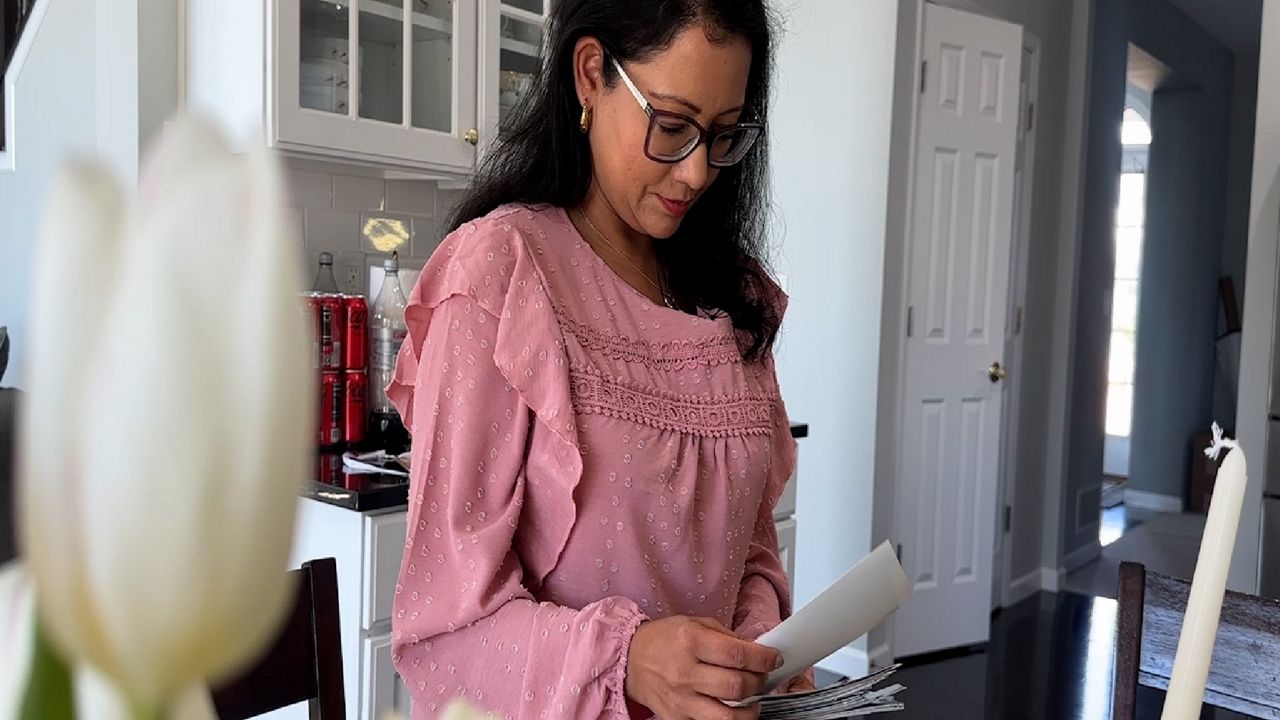COLUMBUS—According to a survey by the Human Rights Campaign, more than half of all male teens who identify as transgender have attempted suicide.
For transgender females, that number is 30 percent.
- Conversion therapy aims to change a person's sexual orientation
- 6 cities in Ohio ban the practice
- Ohio Senator Tina Maarath hopes Senate Bill 130 will ban this type of treatment statewide for patients under 18 years of age
According to social worker Danielle Smith, these attempts are often triggered by feelings of extreme isolation.
“We know that children and teens that identify as LGBTQ are at risk, and we know that conversion therapy is happening, and when those young adults are forced to go there, we are seeing very devastating problems happen,” said Smith, executive director of the National Association of Social Workers.
This week, Senator Tina Maharath (D-Columbus) is introducing Senate Bill 130, which would prohibit certain health care professionals from engaging in conversion therapy when treating patients under the age of 18.
“The stigma, in general, has no medically valid basis for providing such a treatment - to prevent homosexuality. It’s not an illness,” said Maharath.
In the bill, conversion therapy is defined as the practice of seeking to change a person's sexual orientation, including efforts to change behaviors, gender identity, or gender expressions, or to reduce or eliminate sexual or romantic attractions or feelings toward a person of the same gender.
Six cities already ban the practice: Athens, Columbus, Dayton, Toledo, Cleveland, and Cincinnati.
Smith hopes Ohio will join this local, and nationwide trend.
“There are quite a few states that have already banned it legislatively all across the United States,” said Smith. “There are some that are pending, including Utah who are considering banning it. Some states like New Jersey have banned conversion therapy by bringing it under consumer fraud.”
Proponents of the practice say conversion therapy can reduce their same-sex attractions so that they can live heterosexual lives.
Smith argues, it’s not a choice.
“We know from science and research that those factors are innate, and not changeable, its not only false advertising in what its able to accomplish… but it has increased likelihood of family isolation which dramatically increases the likelihood of suicide among young adults,” said Smith.
When asked about the bill, a spokesperson for senate Republicans said they’ll take a closer look at it once the bill reaches committee —a move that is expected next week.
Maharath says she’s hopeful this issue can be a bipartisan one.
“I just hope to see my colleagues from both sides of the aisle work with the legislation, so that way we can bring new perspective to policy,” said Maharath. “This is 2019, our LGBTQ community should be encouraged to be themselves.”










